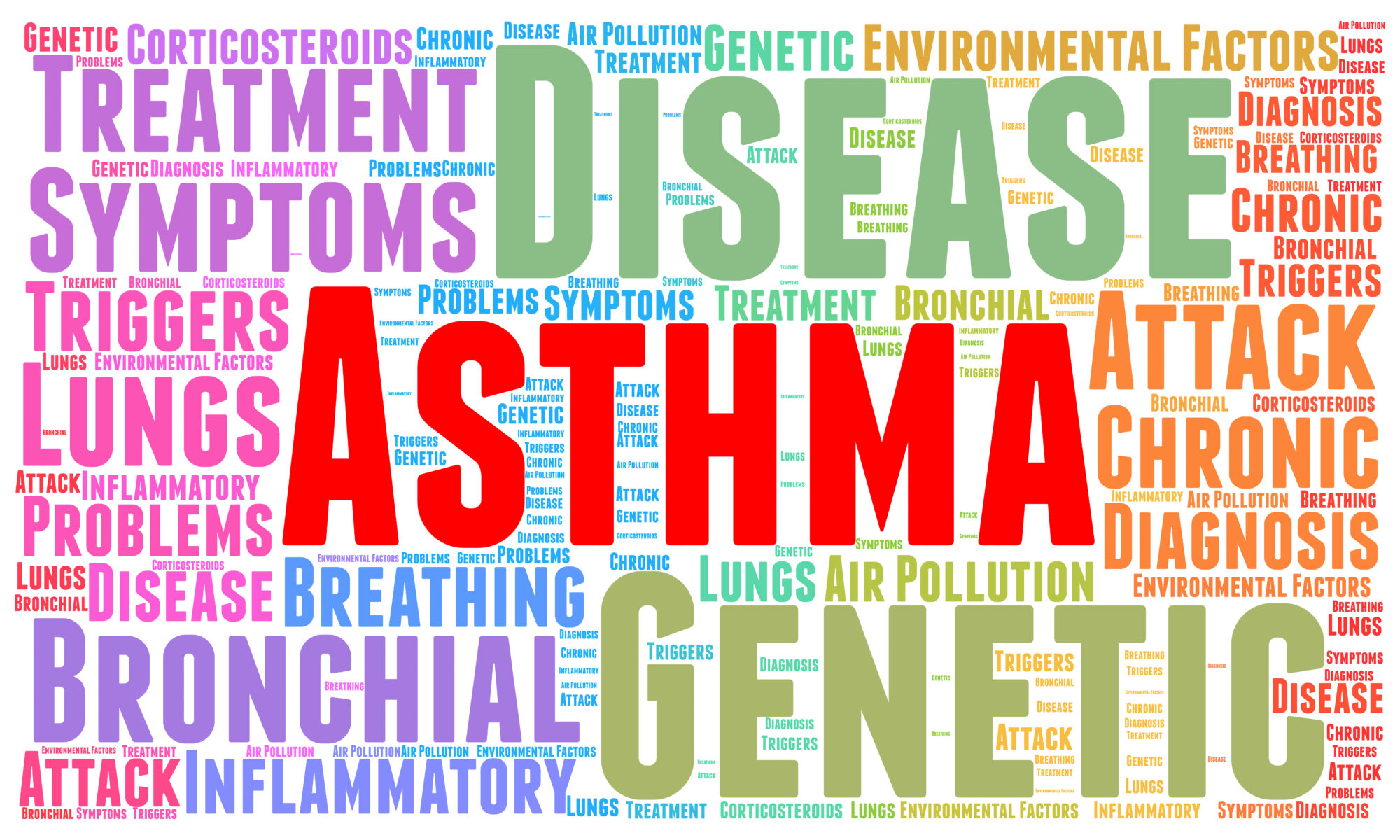Baylor University Medical Center is one of the major enrollment centers for two national clinical trials that could impact the field of lung transplantation. Both studies are looking at ways to treat early and established chronic rejection after lung transplant




